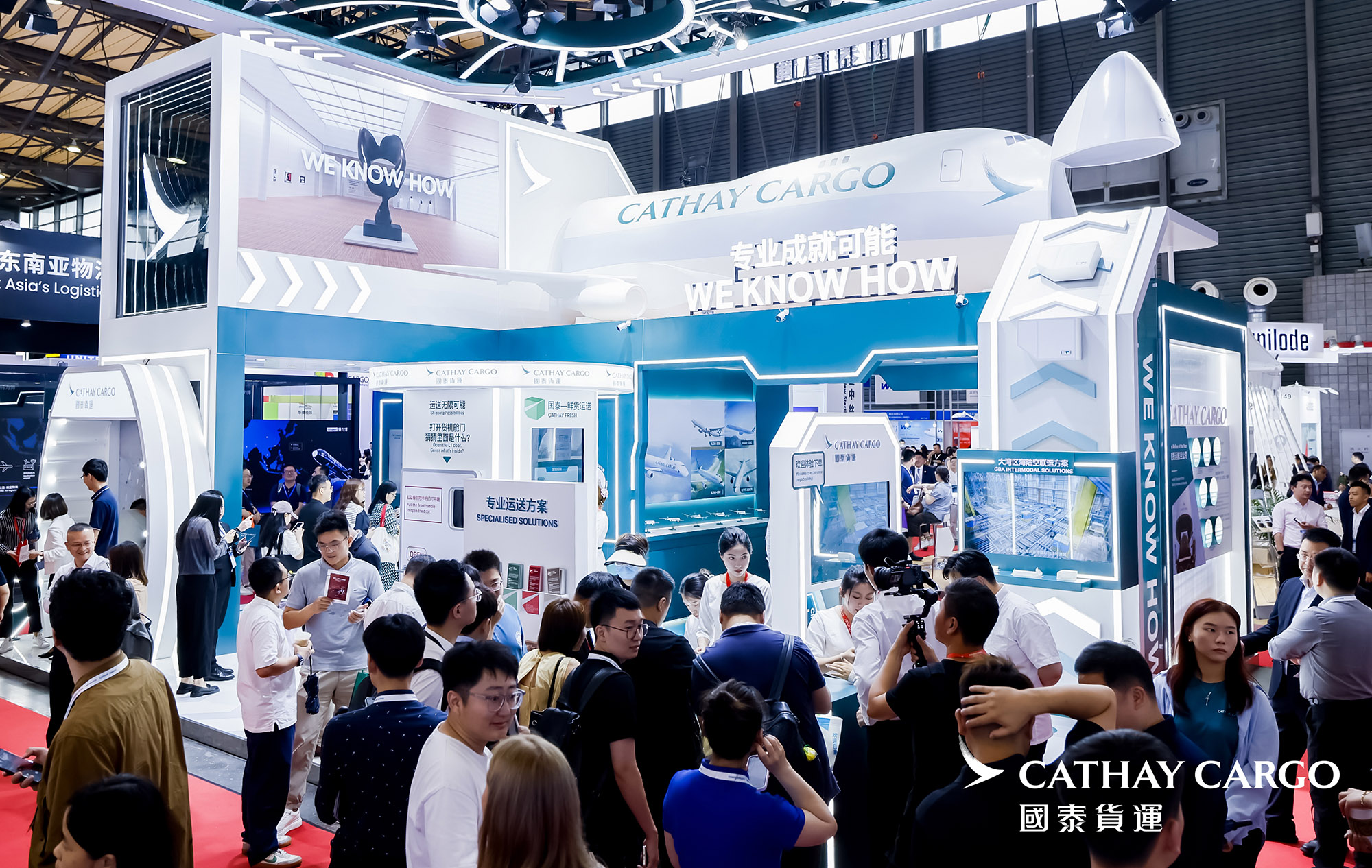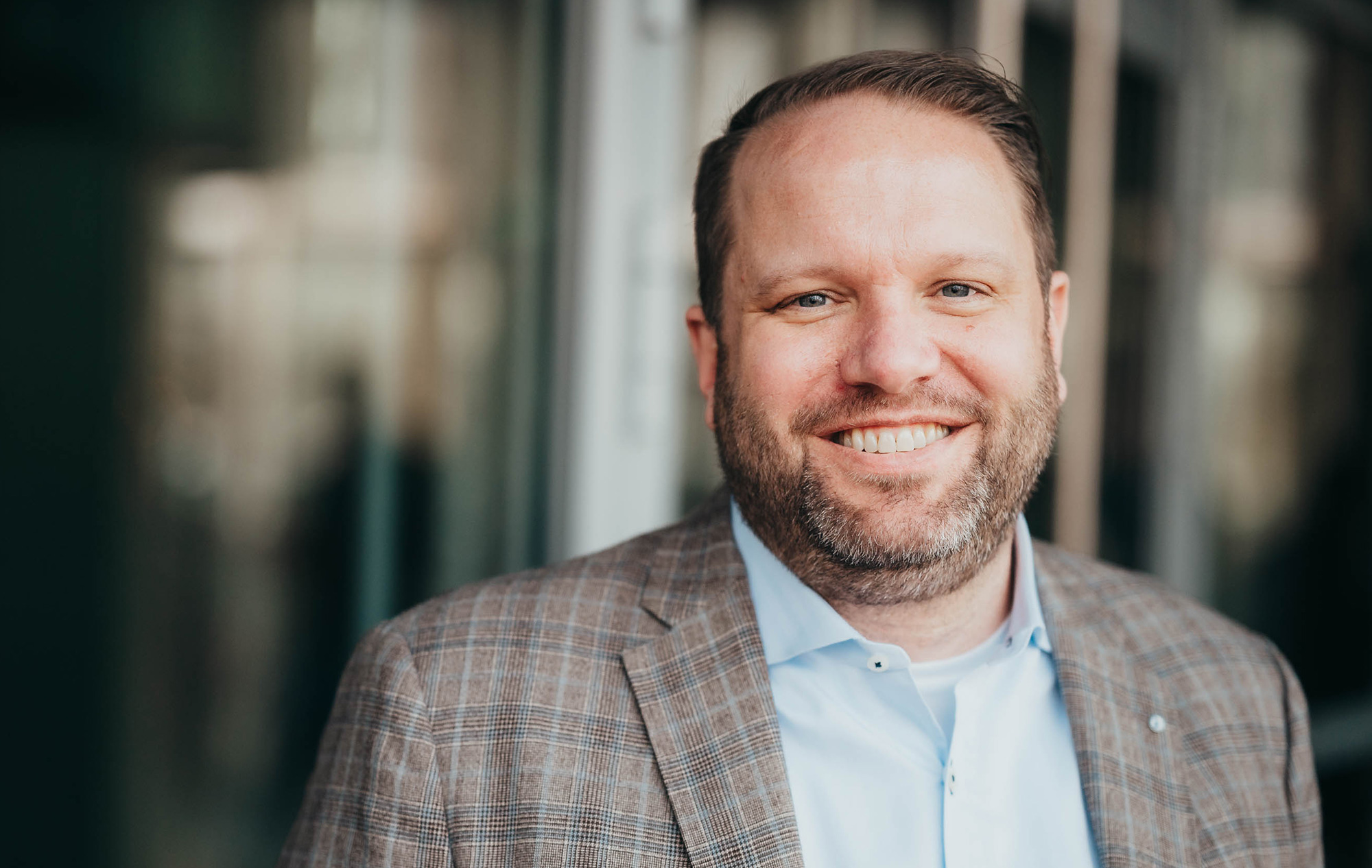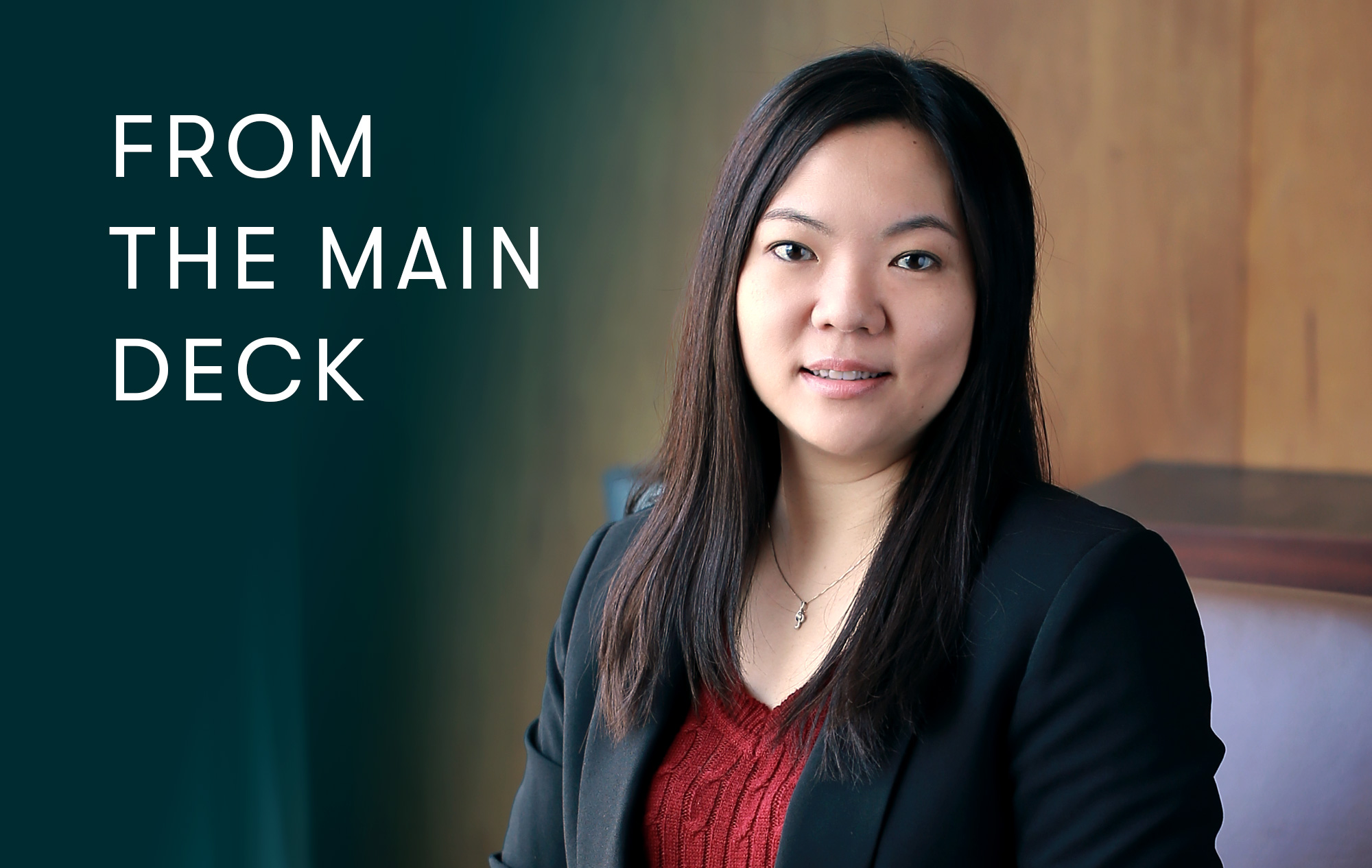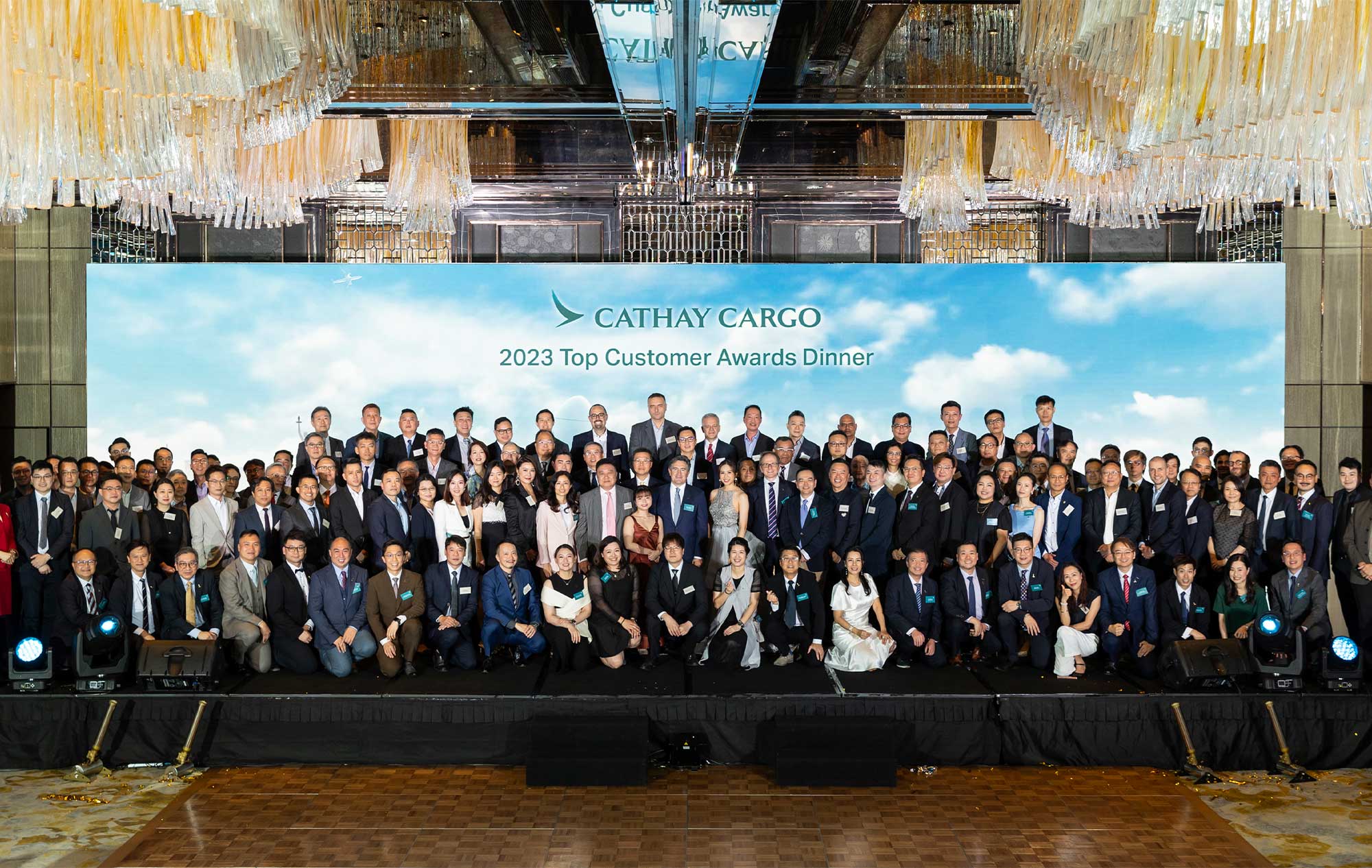Tell us about yourself
I’ve been with Pilot Freight Services for more than 30 years. Pilot is a franchise concept, founded in 1970 and that today has more than 75 offices. I took over the Seattle franchise in 1990 and started out with seven employees. Today, we run five franchise stations with 150 people.
What are your main shipments and flows?
The main focus is on perishables and the aerospace market. The exacting standards required to participate in these verticals is equally challenging and rewarding.
In summer, the cherry season is big business for us. It’s non-stop for four months, and you have to be ready to take calls at three in the morning as that’s when Asia wakes up. It’s a case of using matchsticks to keep your eyes open between May and mid-August.
The other big peak for us is between October and February, when we handle a lot of Dungeness crab, on top of our usual Pacific Northwest seafood, such as geoducks and oysters from the Puget Sound.
What are the challenges and opportunities?
The challenges are vast. As supply-chain expectations change, we continue to adapt and meet them. As long as we can meet the challenges squarely, these become our opportunities. We invest heavily in people and intelligent platforms to achieve consistent, high-quality standards throughout the organisation.
A challenge that has cropped up this year is the imposition of trade tariffs. That saw business levels go down a bit and there was a rush to move shipments before the imposition of tariffs between the US and mainland China on 15 July. It’s meant that we’ve seen an increase in business to other destinations such as Taiwan.
How do you keep up with the needs of the local market?
Listen – we always listen to the customer! We’ve also invested a lot to maintain the cold chain, and that means investing in reefer trucks and reefer storage facilities in Anchorage.
What next?
We expect to continue to grow our market share through our commitment to our values and business principles. We take care of our people and our people take care of our customers.
We worry a lot about how we can preserve the integrity of the cold chain, so that when we move a product it is kept cold the whole way. Take cherries. We can’t dump chilled cherries on a hot dock, so we work on the principle of tendering to the airline ‘as late as possible but still in time to meet the flight cut-off’ to keep our shipments cool.
What do you do when you’re not at work?
I have a large family consisting of a supportive wife and five children, four of them still living in my house. My oldest is 31 and works for Pilot, my youngest is 13. I have a daughter who’s 22 and wants to buy up the customs brokerage part of the business – we’ll see. I love them all, and I like them all most of the time too. Sometimes, if it gets too noisy, I escape to a lakeside house near Wenatchee, close to cherry country in Washington state. It’s where I’ll retire. I play a bit of golf, but my main hobby has been developing the business, which has been enormously satisfying. The best part of that has been seeing people grow, and their progression has been the most rewarding aspect of my job.
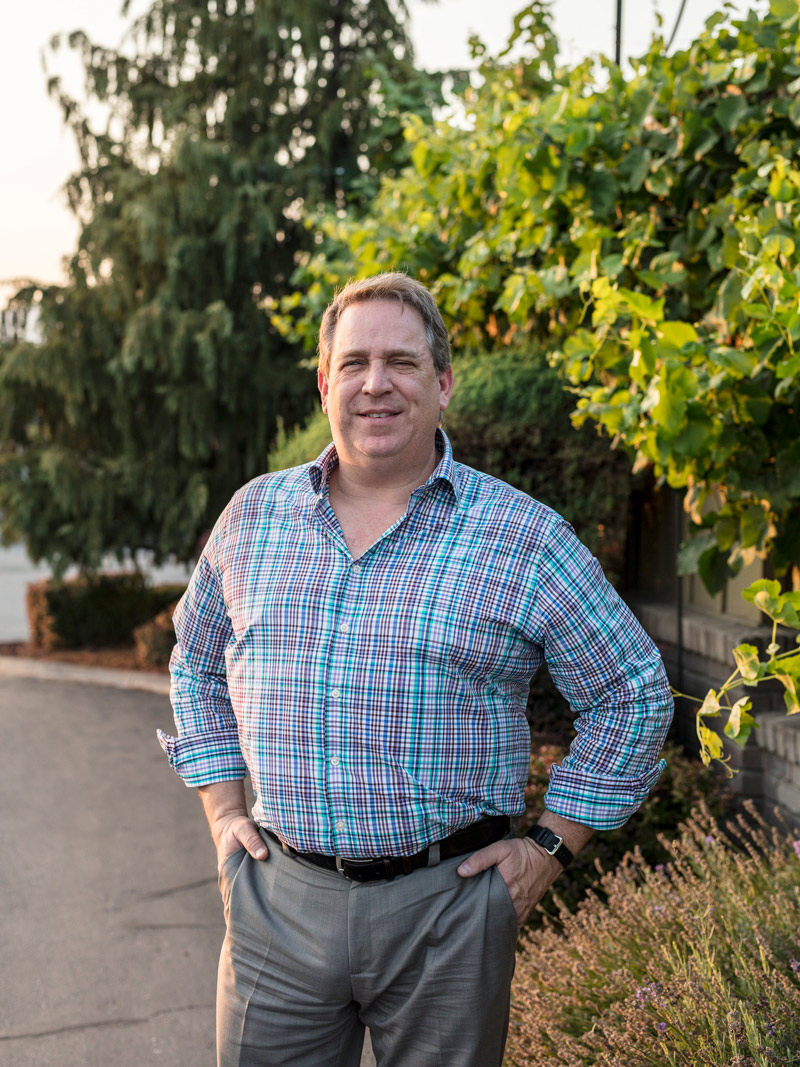
Why Cathay Pacific?
Essentially, it’s about trust, and it’s the same reason that our customers trust us. Cathay is reliable, flexible, and staffed with highly professional individuals. It’s not a common thing in this industry, but it’s been a long-standing relationship stretching from San Francisco to Vancouver and north to Anchorage. Our needs match well with Cathay’s service offerings. We support them on space and when we commit we take it all. We don’t tie up the space if we can’t meet our tonnage commitment. And that relationship means I can go into the market and say ‘we’re reliable’.




